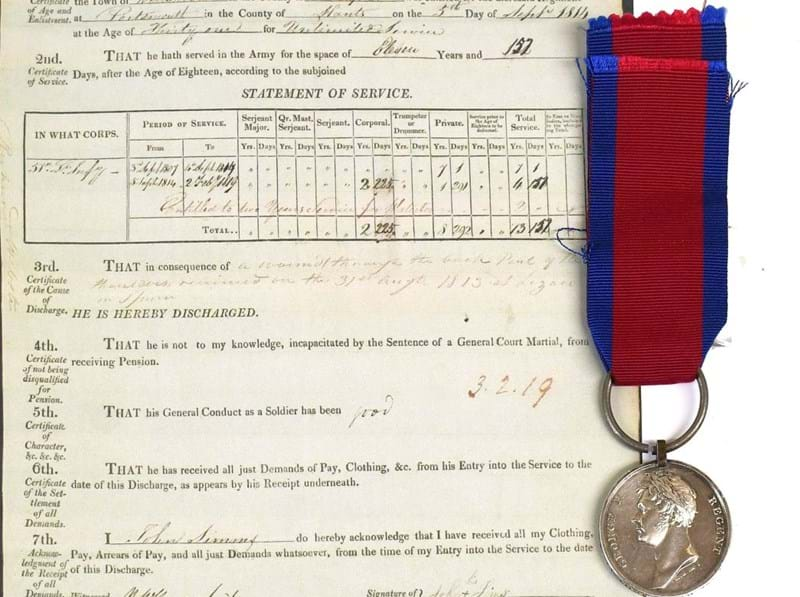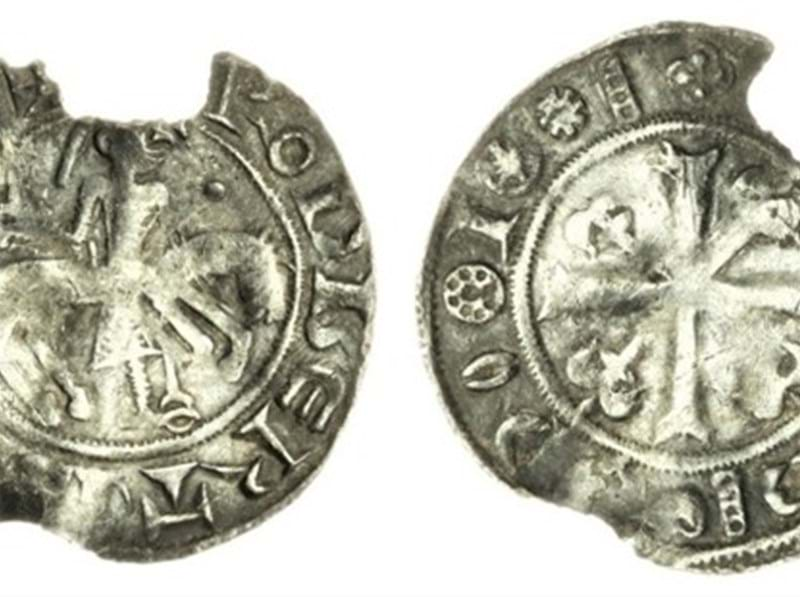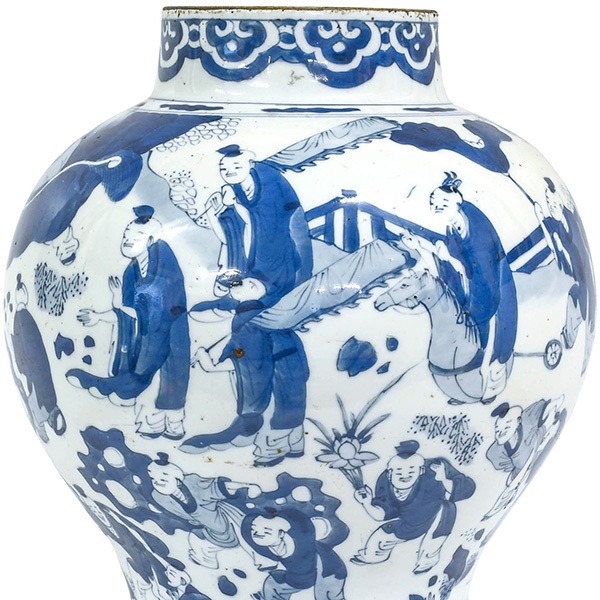Stanley Webb Davies (1894-1978) was the epitome of an Arts and Crafts furniture maker. Working from his studio in Windermere, he strove to uphold the principles of the Arts and Crafts movement with his fine handmade furniture whilst constantly working to better society for all.
Davies was born into a wealthy mill-owning Quaker family in Darwen, Lancashire, and was educated at Bootham, a Quaker school in York, where he first discovered his love of and talent for woodwork. During his first year at Oxford, he was called up to serve in World War I, but after being turned down for exemption on religious grounds, he spent three years on non-combatant service constructing wooden huts for refugees in France with the Friends War Victims Relief Unit where he honed his woodworking skills. Returning home, he joined the family business, however, he yearned to be once more working with wood and he began his career as an apprentice to the renowned Hampshire furniture designer and craftsman Arthur Romney Green.
being a centre of excellence for the Arts and Crafts movement and where there was a thriving community of Quakers. Here he began making furniture in a simple, rural style. Davies soon married Emily, the daughter of a prominent Sheffield surgeon, and together they built a beautiful Arts and Crafts home filled with Davies’ furniture and Emily’s carvings. The home, which they called Gatesbield (which means a shelter for small animals), was left after their deaths to a Quaker Housing Association to provide accommodation for those in need.
Davies created simple, eminently practical furniture without unnecessary adornment, borrowing construction techniques and stylistic elements from traditional rural objects and influenced by the likes of Ernest Gimson and Sidney Barnsley. Yet everything he made was very carefully designed, with each piece meticulously drawn to scale. Indeed, an archive of over three thousand of his drawings is now held in the Abbott Hall Gallery, Kendal and he was determined to never make exactly the same piece twice. Whilst it seems that his team of craftsmen never had a hand in the designing of the furniture, they were encouraged to put their own maker’s mark on pieces that they had made. Amongst his longest serving craftsmen in his happy and fair workshop were Brian Rickett, Ernest Oldcorn, Fred Ellison and Richard Cloudsdale.
His work can be recognised by its marked solidity compared to the work of many of his contemporaries. Only using solid timber, his furniture had clean, unfussy lines and he constructed all his handles, latches, and mechanisms in wood. He also favoured panels, exposed joints, octagonal column-like legs and simple chip-carved decoration. On Davies’ retirement, the workshop closed, marking the end of an era in the Arts and Crafts movement.
A Private Family Collection of Furniture by Stanley Webb Davies will be offered in Tennants Auctioneers’ 20th Century Design Sale on 15th June. The collection was commissioned by Mrs A.W. Philipson of Canon Winder Hall, Flookburgh, Westmoreland, and was featured in Hugh Wright’s 2006 book Stanley Webb Davies 1894-1978: Arts and Crafts Furniture Maker.
Mrs Philipson was one of Davies’ most important local clients, and he borrowed some of the pieces of furniture he had made for her back to exhibit at the Exhibition at Ambleside and in Manchester at the Red Rose Guild of Craftsmen’. The collection will be sold with original copies of receipts and letters from Davies relating to the commissions, their design and arrangements for exhibition.
The collection was commissioned over a number of years: the earliest pieces are Two English Oak Occasional Tables from 1944 (estimate: £600-900 plus buyer’s premium), and an Oak Dressing Table Stool from 1946 (estimate: £300-400 plus buyer’s premium). Dating from 1950 is an Oak Side Table (estimate: £300-500 plus buyer’s premium), and from 1954 are Chestnut Bookcase (estimate: £700-1,000 plus buyer’s premium), and Oak Gate-Legged Dining Table (estimate: £600-900 plus buyer’s premium) and Four English Oak Dining Chairs (estimate: £800-1,200 plus buyer’s premium). One of the chairs was exhibited at the Red Rose Guild of Craftsmen.
View Sale Details

















